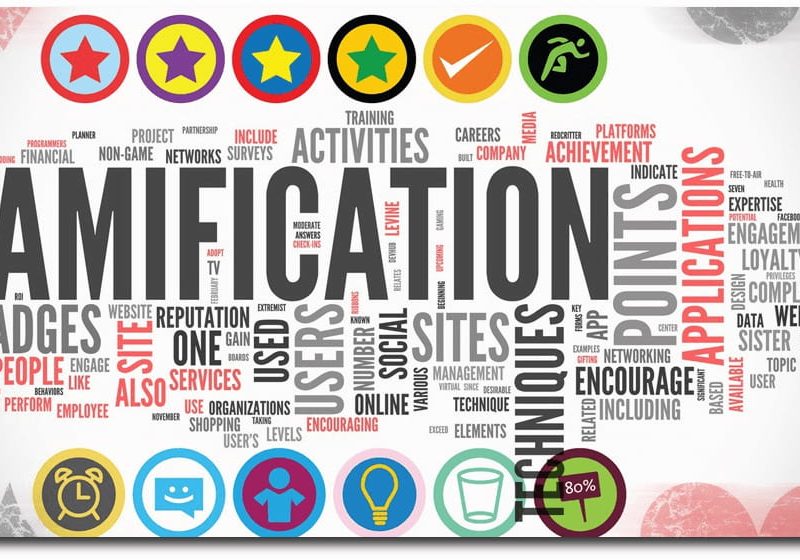A Uruguayan research assures that video games are more effective than memorizing texts to learn history. The study carried out on 32 students from fifth to sixth grade of a private school with the objective of quantifying the impact that a video game made specifically to educate can generate in learning; it showed that effectively the students who retained the most information were those who played the video game, as reported by the Uruguayan portal El País.
The research was carried out by the Uruguayan company Ingenious Softworks (specialized in design and development of software systems) with the support of the National Telecommunications Directorate and the National Agency for Research and Innovation (ANII) of that country, with the participation of a psychiatrist and a psychologist.
Analyse the impact of video games
In order to test the initial hypothesis, schoolchildren were subjected to three different dynamics. A “control” was carried out on one group, which consisted of answering a questionnaire of universal history questions using the knowledge they had. On another group, a “text impact” was carried out, which consisted of reading a school content for 15 minutes and then answering the same questionnaire as the first group, and finally on the third group, the dynamic of “game impact” was carried out, where the students had to play a video game that had the same content as the text read by the students of group 2.
The video game – called Cronopedia – was developed by a video game studio called Ballpit Monster located in Montevideo, Uruguay. The thread narrates that there is a magic book (Cronopedia) that contains all the historical episodes; and each time something important happens in the story a new story is written in the magic book. In the book there are “bad” characters who want to steal pages from the book in order to break the timeline, and for this not to happen the user must answer the questions well.
One of the authors of the study, technology entrepreneur Gabriel Camargo, told the Uruguayan media that the videogame was inspired by the trial and error methodology, consisting of the Cronopedia user studying the same subject again when the answers fail. Camargo assured that the technique used allows schoolchildren to associate knowledge with an experience achieving that “they retain it and do not forget it”; contrary to what happens with textbooks where “nothing is challenging you to respond or to show that you are reading attentively”, omitting in the brain a great part of what has been read.
Research Results
The research was able to show that the schoolchildren who gave the best answers were those who acquired knowledge through video games, by those who acquired it through text. “It was an impact almost four times greater,” says the study, achieving more efficiency in the attention and memorization of content (and 97% of students said they preferred to learn history by playing rather than reading).
Currently, the videogame is only available in Uruguay for iOS and Android users, but the creators are in conversations with Ministries of Education of several Latin American countries with the aim of selling the license to make the game available in those countries.
